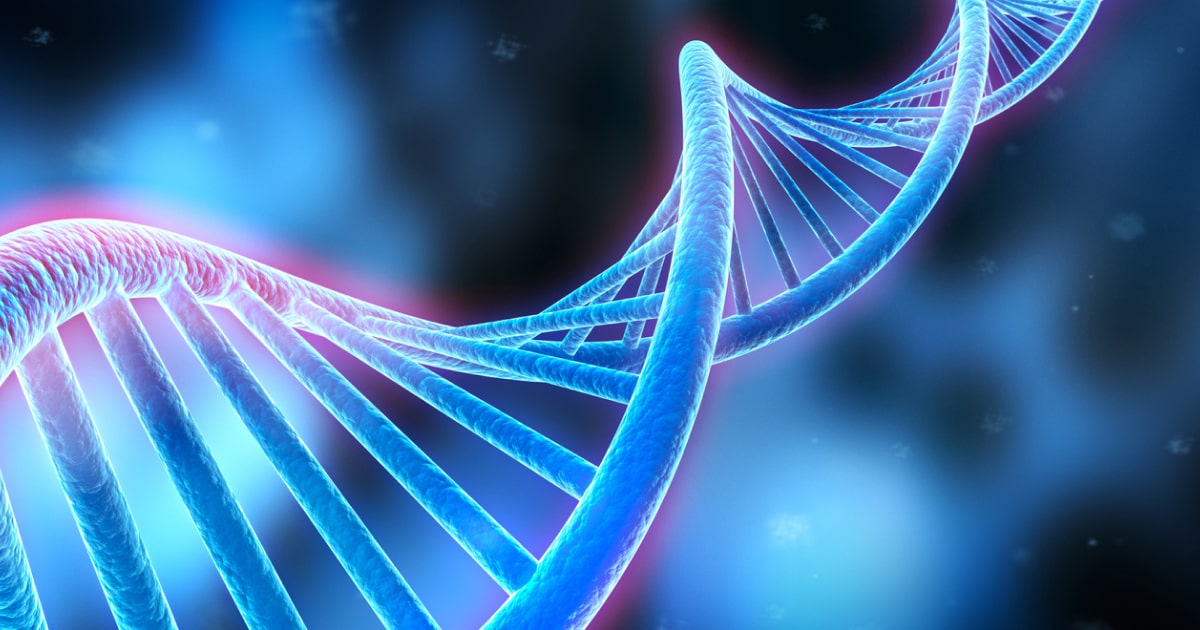
Expert Reviewed By: Dr. Brandon Colby MD
Understanding Smith-McCort Dysplasia 2
Smith-McCort Dysplasia 2 (SMC2) is a rare genetic disorder that primarily affects the skeletal system. Characterized by distinctive facial features, short stature, and spinal abnormalities, SMC2 is a condition that can significantly impact the quality of life of those affected. The disorder is caused by mutations in the RAB33B gene, which plays a crucial role in cellular processes that are essential for normal skeletal development.
The Role of Genetic Testing in Smith-McCort Dysplasia 2
Genetic testing has emerged as a pivotal tool in diagnosing and understanding rare genetic disorders like Smith-McCort Dysplasia 2. By identifying specific genetic mutations, healthcare professionals can provide more accurate diagnoses, better management plans, and offer genetic counseling to affected families.
Diagnosis: Pinpointing the Genetic Culprit
One of the primary uses of genetic testing in SMC2 is to confirm a diagnosis. Given the rarity of the disorder, symptoms alone may not be sufficient for an accurate diagnosis. Genetic testing allows for the identification of mutations in the RAB33B gene, which are responsible for the manifestation of SMC2. This precise identification is crucial for differentiating SMC2 from other similar skeletal dysplasias.
Prognosis: Understanding the Future
Once a diagnosis is confirmed, genetic testing can also provide insights into the prognosis of the disorder. By understanding the specific genetic mutations involved, healthcare providers can better predict the potential progression of the disease, helping families prepare for future challenges and make informed decisions about treatment options.
Family Planning: Guiding Future Generations
For families affected by Smith-McCort Dysplasia 2, genetic testing offers valuable information for family planning. Through genetic counseling, families can understand the risk of passing the disorder on to future generations. This knowledge allows parents to make informed decisions about having more children and consider options such as prenatal testing or preimplantation genetic diagnosis (PGD) to reduce the risk of the disorder in their offspring.
Research: Expanding the Knowledge Base
Genetic testing not only aids in individual diagnosis and family planning but also contributes to the broader scientific understanding of Smith-McCort Dysplasia 2. The identification of novel nonsense variants in the RAB33B gene, as highlighted in a recent study, expands the genetic landscape of the disorder. This research is crucial for developing potential therapies and improving the management of SMC2 in the future.
Recent Advances in Smith-McCort Dysplasia 2 Research
In a groundbreaking study, researchers identified four novel nonsense variants in the RAB33B gene in seven patients with Smith-McCort Dysplasia 2. This discovery is a significant step forward in understanding the genetic underpinnings of the disorder. By expanding the known variants associated with SMC2, the study enhances our ability to diagnose and manage the condition effectively. (Reference)
Conclusion: The Promise of Genetic Testing
While Smith-McCort Dysplasia 2 remains a challenging disorder to manage, the advancements in genetic testing provide a beacon of hope. By unlocking the genetic mysteries of SMC2, we can improve diagnosis, offer better prognostic information, guide family planning decisions, and contribute to ongoing research efforts. As our understanding of the genetic basis of SMC2 continues to grow, so too does our ability to support those affected by this rare disorder.
About The Expert Reviewer
Dr. Brandon Colby MD is a US physician specializing in the personalized prevention of disease through the use of genomic technologies. He’s an expert in genetic testing, genetic analysis, and precision medicine. Dr. Colby is also the Founder of and the author of Outsmart Your Genes.
Dr. Colby holds an MD from the Mount Sinai School of Medicine, an MBA from Stanford University’s Graduate School of Business, and a degree in Genetics with Honors from the University of Michigan. He is an Affiliate Specialist of the American College of Medical Genetics and Genomics (ACMG), an Associate of the American College of Preventive Medicine (ACPM), and a member of the National Society of Genetic Counselors (NSGC)